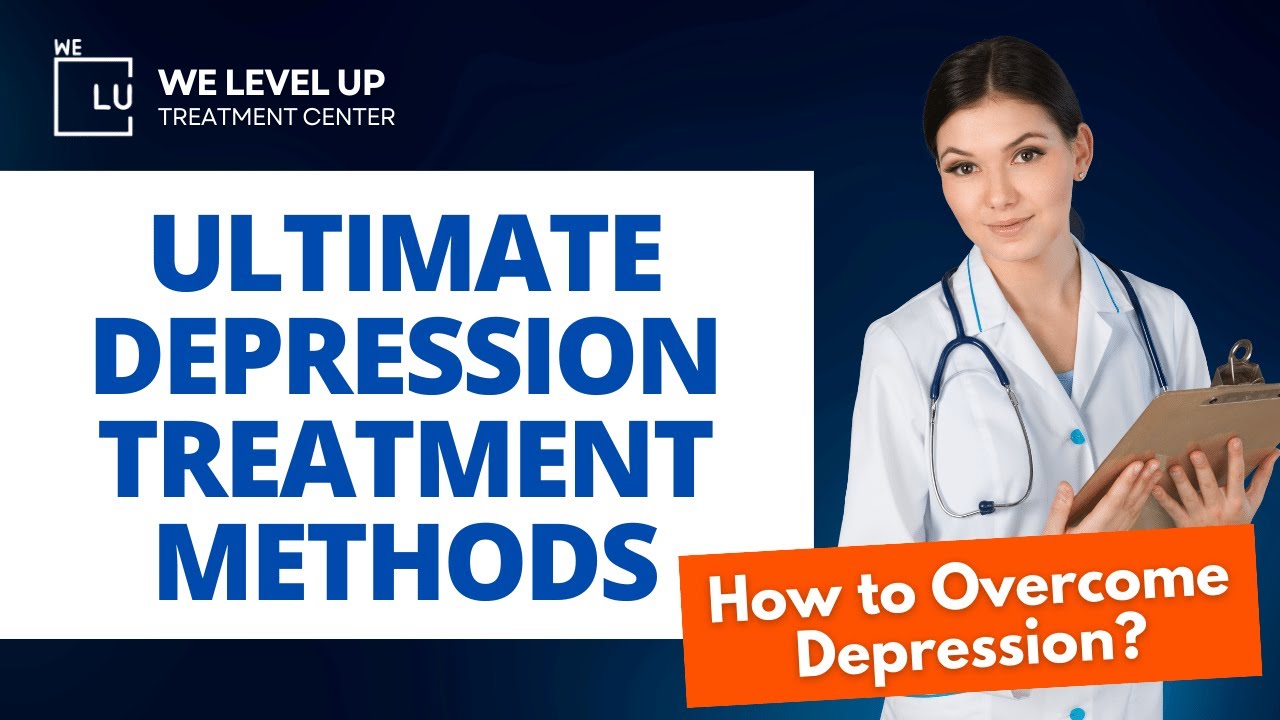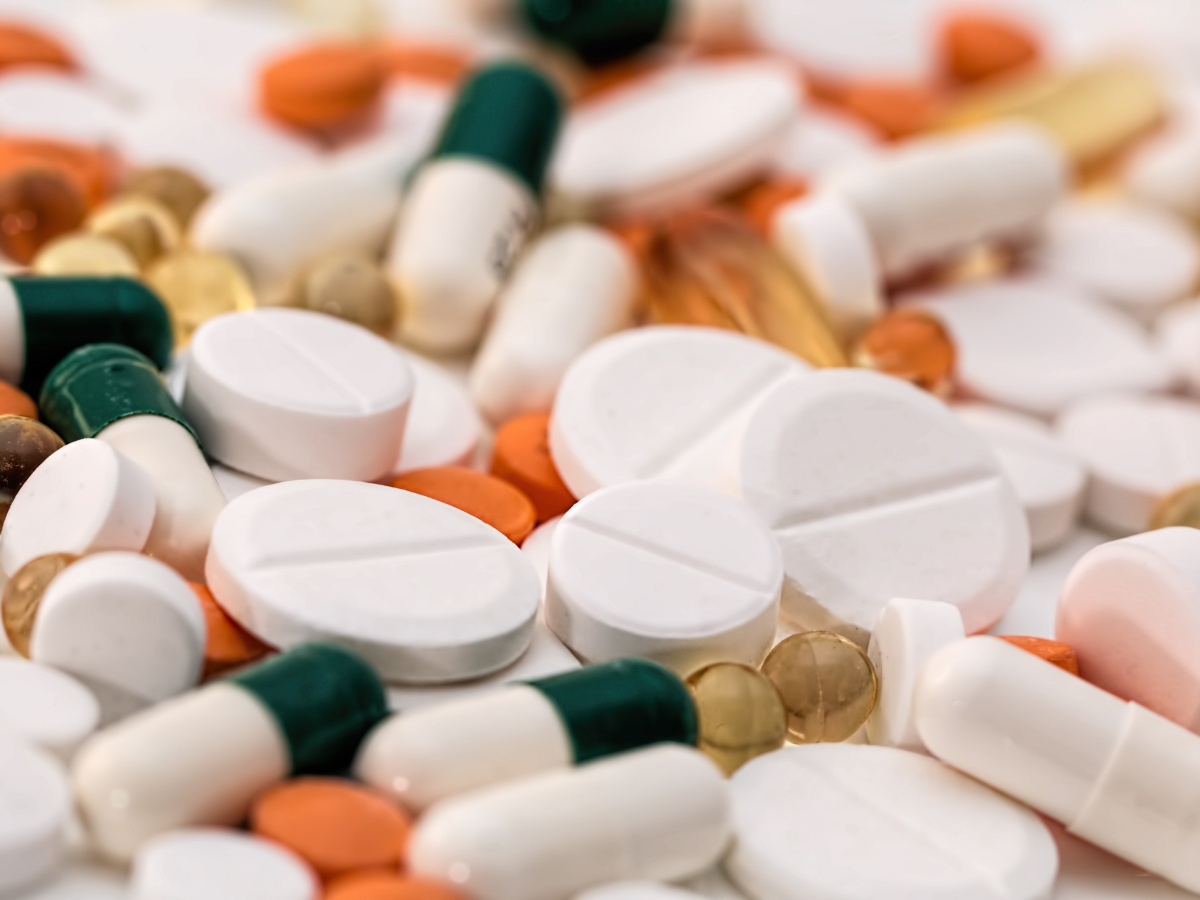Signs of Alcohol Abuse
Alcohol use disorder (AUD) is a medical condition characterized by an impaired ability to stop or control alcohol use despite adverse social, occupational, or health consequences. It encompasses the conditions that some people refer to as alcohol abuse, alcohol dependence, alcohol addiction, and the colloquial term, alcoholism. Considered a brain disorder, early signs of alcoholism can be mild, moderate, or severe.
Lasting changes in the brain caused by alcohol misuse perpetuate AUD and make individuals vulnerable to relapse. The good news is that no matter how severe the problem may seem, or how early signs of alcoholism show, evidence-based treatment with behavioral therapies, mutual-support groups, and/or medications can help people with AUD achieve and maintain recovery. According to a national survey, 14.1 million adults ages 18 and older (5.6 percent of this age group) had AUD in 2019. [1]
Physical Signs of Alcohol Abuse
Drinking too much – on a single occasion or over time – can take a serious toll on your health. [2] Here’s how the early signs of alcoholism can affect your body:

Brain: Alcohol interferes with the brain’s communication pathways and can affect the way the brain looks and works. These disruptions can change mood and behavior, and make it harder to think clearly and move with coordination.
Heart: Drinking a lot over a long time or too much on a single occasion can damage the heart, causing problems including:
- Cardiomyopathy – Stretching and drooping of heart muscle
- Arrhythmias – Irregular heart beat
- Stroke
- High blood pressure
Liver: Heavy drinking takes a toll on the liver and can lead to a variety of problems and liver inflammations including:
- Steatosis, or fatty liver
- Alcoholic hepatitis
- Fibrosis
- Cirrhosis

Pancreas: Early signs of alcoholism causes the pancreas to produce toxic substances that can eventually lead to pancreatitis, a dangerous inflammation and swelling of the blood vessels in the pancreas that prevents proper digestion.
Cancer: According to the National Cancer Institute: “There is a strong scientific consensus that the early signs of alcoholism can cause several types of cancer. In its Report on Carcinogens, the National Toxicology Program of the US Department of Health and Human Services lists consumption of alcoholic beverages as a known human carcinogen.
“The evidence indicates that the more alcohol a person drinks–particularly the more alcohol a person drinks regularly over time–the higher his or her risk of developing alcohol-associated cancer. Even those who have no more than one drink per day and people who binge drink (those who consume 4 or more drinks for women and 5 or more drinks for men in one sitting) have a modestly increased risk of some cancers. Based on data from 2009, an estimated 3.5% of cancer deaths in the United States (about 19,500 deaths were alcohol-related.” [2]
Clear patterns have emerged between alcohol consumption and increased risks of certain types of cancer:
- Head and neck cancer, including oral cavity, pharynx, and larynx cancers.
- Esophageal cancer, particularly esophageal squamous cell carcinoma. In addition, people who inherit a deficiency in an enzyme that metabolizes alcohol have been found to have substantially increased risks of esophageal squamous cell carcinoma if they consume alcohol.
- Liver cancer
- Breast cancer: Studies have consistently found an increased risk of breast cancer in women with increasing alcohol intake and early signs of alcoholism. Women who consume about 1 drink per day have a 5 to 9 percent higher chance of developing breast cancer than women who do not drink at all.
- Colorectal cancer
Immune System: Drinking too much can weaken your immune system, making your body a much easier target for disease. Chronic drinkers are more liable to contract diseases like pneumonia and tuberculosis than people who do not drink too much. Drinking a lot on a single occasion slows your body’s ability to ward off infections – even up to 24 hours after getting drunk.
Warning Signs of Alcoholism
Healthcare professionals use criteria from the Diagnostic and Statistical Manual of Mental Disorders, Fifth Edition (DSM-5), to assess whether a person has AUD and to determine the severity of the disorder that is present. Severity is based on the number of criteria a person meets based on their symptoms—mild (2–3 criteria), moderate (4–5 criteria), or severe (6 or more criteria).
A healthcare provider might ask the following questions to assess a person’s early signs of alcoholism.
In the past year, have you:
- Had times when you ended up drinking more, or longer, than you intended?
- More than once wanted to cut down or stop drinking, or tried to, but couldn’t?
- Spent a lot of time drinking? Or being sick or getting over other aftereffects?
- Wanted a drink so badly you couldn’t think of anything else?
- Found that drinking—or being sick from drinking—often interfered with taking care of your home or family? Or caused job troubles? Or school problems?
- Continued to drink even though it was causing trouble with your family or friends?
- Given up or cut back on activities that were important or interesting to you, or gave you pleasure, in order to drink?
- More than once gotten into situations while or after drinking that increased your chances of getting hurt (such as driving, swimming, using machinery, walking in a dangerous area, or having unprotected sex)?
- Continued to drink even though it was making you feel depressed or anxious or adding to another health problem? Or after having had a memory blackout?
- Had to drink much more than you once did to get the effect you want? Or found that your usual number of drinks had much less effect than before?
- Found that when the effects of alcohol were wearing off, you had withdrawal symptoms, such as trouble sleeping, shakiness, restlessness, nausea, sweating, a racing heart, or a seizure? Or sensed things that were not there?
Any of these symptoms may be cause for concern. The more early signs of alcoholism, the more urgent the need for change.
How to Recognize the Early Signs of Alcoholism
Those with substance use disorder (SUD) often try to hide their symptoms and downplay their problem. If you’re worried that a friend or family member may be misusing drugs or experiencing alcohol use disorder, look for the following early signs of alcoholism and substance abuse:
Physical warning signs of SUD
- Bloodshot eyes, pupils larger or smaller than usual
- Changes in appetite or sleep patterns
- Deterioration of physical appearance, personal grooming habits
- Runny nose or sniffling
- Sudden weight loss or weight gain
- Tremors, slurred speech, or impaired coordination
- Unusual odors on breath, body, or clothing
Behavioral warning signs of SUD
- Using causes difficulties in one’s relationships
- Engaging in secretive or suspicious behaviors
- Frequently getting into legal trouble, including fights, accidents, illegal activities, and driving under the influence
- Neglecting responsibilities at work, school, or home, including neglecting one’s children
- Sudden change in friends, favorite hangouts, and hobbies
- Unexplained need for money or financial problems. May borrow or steal money.
- Using drugs under dangerous conditions (driving while using drugs, using dirty needles, having unprotected sex)
- Increased drug tolerance (the need to use more of the drug to experience the same effects one used to achieve with smaller amounts)
- Misusing drugs to avoid or relieve withdrawal symptoms (nausea, restlessness, insomnia, depression, sweating, shaking, anxiety)
- Loss of control over drug misuse (using more than intended, unable to stop)
- Life revolves around drug use (always thinking of using, figuring how to get more, or recovering from use)
- Abandoning enjoyable activities(hobbies, sports, and socializing) to use drugs
- Continuing to use regardless of negative consequences (alcohol blackouts, infections, mood swings, depression, paranoia)
Psychological warning signs of SUD
- Appearing fearful, anxious, or paranoid, with no reason
- Lack of motivation; appearing tired or “spaced out”
- Periods of unusual increased energy, nervousness, or instability
- Sudden mood swings, increased irritability, or angry outbursts
- Unexplained change in personality or attitude
Get Help for Alcoholism
Several evidence-based treatment approaches are available for the early signs of alcoholism. One size does not fit all and a treatment approach that may work for one person may not work for another. Treatment can be outpatient and/or inpatient and be provided by specialty programs, therapists, and doctors.
Medications
Three medications are currently approved by the U.S. Food and Drug Administration to help people stop or reduce their drinking and prevent relapse: naltrexone (oral and long-acting injectable), acamprosate, and disulfiram. All these medications are non-addictive, and they may be used alone or combined with behavioral treatments or mutual-support groups.
Behavioral Treatments
Behavioral treatments, also known as alcohol counseling or “talk therapy,” provided by licensed therapists are aimed at changing drinking behavior. Examples of behavioral treatments are brief interventions and reinforcement approaches, treatments that build motivation and teach skills for coping and preventing relapse, and mindfulness-based therapies.

Mutual-Support Groups
Mutual-support groups provide peer support for stopping or reducing the early signs of alcoholism. Group meetings are available in most communities, at low or no cost, at convenient times and locations—including an increasing presence online. This means they can be especially helpful to individuals at risk for relapse to drinking. Combined with medications and behavioral treatment provided by health professionals, mutual-support groups can offer a valuable added layer of support.
Please note: People with severe AUD may need medical help to avoid alcohol withdrawal if they decide to stop drinking. Alcohol withdrawal is a potentially life-threatening process that can occur when someone who has been drinking heavily for a prolonged period of time suddenly stops drinking. Doctors can prescribe medications to address these symptoms and make the process safer and less distressing.
Can People With AUD Recover?
Many people with early signs of alcoholism do recover, but setbacks are common among people in treatment. Seeking professional help early can prevent relapse to drinking. Behavioral therapies can help people develop skills to avoid and overcome triggers, such as stress, that might lead to drinking. Medications also can help deter drinking during times when individuals may be at greater risk of relapse (e.g., divorce, death of a family member).
If you or someone you love is seeking a safe, secure, and compassionate resource for early signs of alcoholism, We Level Up TX is here for you. Call us and speak with an addiction counselor today about our levels of care.





